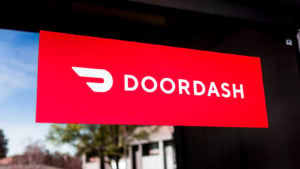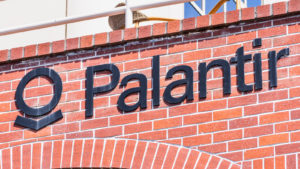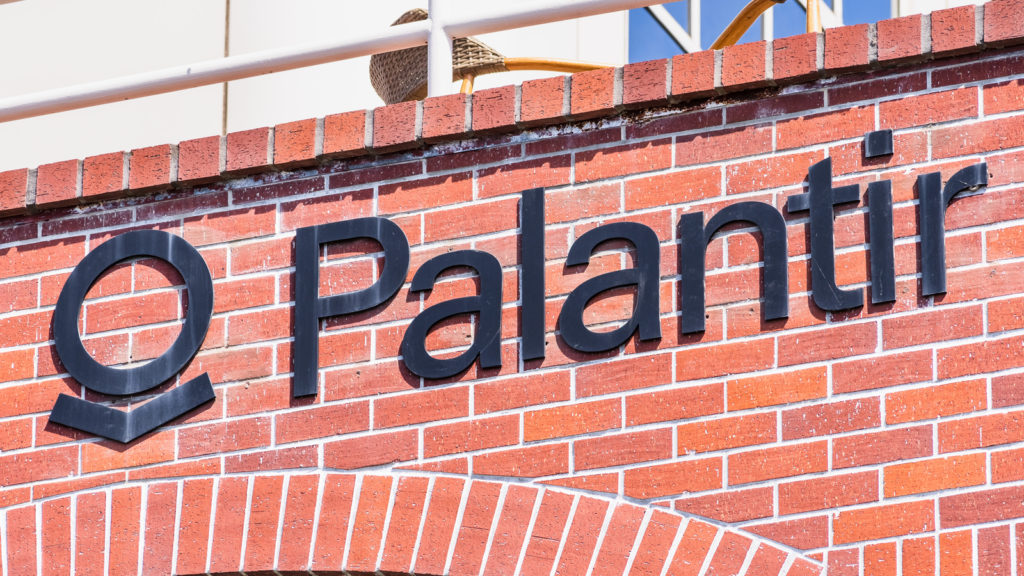- DoorDash
- Palantir
- Robinhood
- Asana
- Instacart
New initial public offerings (IPOs) are one of the best ways investors can strike “gold” in the stock market. That’s because these freshly public companies represent the next generation of world-changing businesses in the first innings of their long-term growth narratives. Sure, many of them don’t pan out as expected. Those that do, however, turn into home runs.
Just look at Zoom Video (NASDAQ:ZM) and Beyond Meat (NASDAQ:BYND), two companies that went public in 2019. Both of those stocks are up 200%-plus from their IPO prices. There’s also DocuSign (NASDAQ:DOCU), which is up more than 280% from its 2018 IPO price; Roku (NASDAQ:ROKU) is up 800% from its 2017 IPO; and Twilio (NASDAQ:TWLO) is 670% higher than its 2016 IPO.
Even Shopify (NYSE:SHOP) is up a jaw-dropping 3,700% from its 2015 IPO. In other words, it seems like every single year, you get one or a few IPOs which turn into multi-baggers over the next few years. Accordingly, it pays to know about new IPOs that are in the pipeline for 2020, 2021 and 2022.
With that in mind, check out these new IPOs to watch in the early 2020s.
New IPOs to Watch: DoorDash

One of the more exciting new IPOs to watch for in 2020 or 2021 is DoorDash. The bull thesis on DoorDash boils down to two important points:
First, the meal kit market is a booming one. It’s grown at a 24% clip year-over-year so far in 2020, with tons of virtualization and gig economy tailwinds and plenty of growth potential left (only 28% of Americans have ordered from a meal delivery service, up from 22% a year ago).
Second, in that market, DoorDash is the leader. They own 42% of the market. That share is only growing. It will continue to grow, because the company’s new DashPass subscription program is driving increased engagement and more platform exclusivity. Big picture: DoorDash is the leader in the secular growth meal delivery service market, with tons of momentum and potential to sustain big growth for a lot longer.
Of note, the company confidentially submitted a draft S-1 filing to the Securities and Exchange Commission (SEC) in February 2020, a step which makes a late 2020 or early 2021 IPO seem likely.
Palantir

Palantir could turn into one of the more successful IPOs of the past decade when the big data analytics company finally goes public. That’s because when I see Palantir, I see a lot of Zoom.
That is, at its IPO, Zoom was a big-growth, profitable enterprise software company gaining market share in a very big legacy tech market being revolutionized by the videoconferencing mega-trend.
Palantir is much of the same. It’s a big-growth, enterprise software company, with revenues from its enterprise-focused big data analytics solutions expected to rise nearly 40% this year. The company is also on the cusp of being profitable, with profits expected to be break-even in 2020. Palantir is also gaining market share in the big legacy IT market that is being disrupted by the big data analytics mega-trend, wherein companies are increasingly turning every enterprise function into a data-driven one.
Bottom line, Palantir shares a lot of similarities with Zoom. The Zoom IPO was a huge success. The Palantir IPO could be a huge success, too.
Robinhood

IPO rumors have been swirling around disruptive, millennial-focused trading platform Robinhood for several years now. Thanks to Covid-19, it’s unlikely that those rumors materialize into an actual Robinhood IPO in 2020. Instead, investors may have to wait until 2021 until the company goes public.
But this wait will be worth it.
As we all know, Robinhood disrupted the entire stock brokerage world by introducing scalable commission-free trading across its whole platform. In the years since Robinhood has burst onto the scene with zero-free trading, every other broker house has followed suit. Now, commission-free trading is essentially the norm across the industry.
But Robinhood didn’t stop there. The company has recently been rolling out its Cash Management program, through which investors can earn interest on their idle cash and spend their trading profits directly through a Robinhood-branded debit card. It’s yet another disruption that will ripple across the whole brokerage industry, and lead to Robinhood gaining more users, enabling more trading volume, and earning more revenues.
Zooming out, Robinhood has time and time again proven itself to be a relentlessly innovative financial tech company. Relentless innovation always wins. So long as Robinhood keeps this up, the company’s IPO will be a huge success.
Asana

What I like about project management company Asana is that the company offers a solution which every enterprise in the world could one day use.
The logic is simple. Every company has goals, and projects to hit those goals. Asana offers various solutions through its work management platform, the sum of which seamlessly enables companies to organize, structure, and track their projects and goals. Every company could use this platform, in order to optimize workflows and create a more organized project development process.
In this sense, Asana will follow a similar growth trajectory as previous enterprise software companies like DocuSign or Twilio. DocuSign used its utility-based e-signature platform to turn into the enterprise norm for contract agreements. Twilio used its utility-based cloud communications platform to turn into the enterprise norm for business-to-consumer communications.
Asana will similar use its utility-based workflow management platform to turn into the enterprise norm for project development.
As it does, this exciting young company will turn into a big success on Wall Street.
Instacart

If timing is everything, then now is the perfect time for Instacart to go public.
The same-day grocery delivery and pick-up service has seen North American demand surge over the past two months amid the novel coronavirus pandemic. In March, the platform’s active shopper community grew from 200,000 to 350,000.
Sure, this is a near-term phenomenon. Covid-19 won’t stick around forever.
But the thinking here is that this gets Instacart’s foot in the door. That is, hundreds of thousands of shoppers are trying Instacart for the first time ever in March, April, and May. Most won’t stick around for the long haul, and will go back to physical grocery shopping once the pandemic ends. But some will stick. And those that do stick will tell all their friends about how great the service is. Of all those friends that hear about it, a few will try it out, and a few will stick. Then they’ll tell all their friends.
Lather, rinse, repeat.
In this sense, the coronavirus pandemic could be the beginning of Instacart going from niche to mainstream grocery delivery service. If true, then this company is in the beginning of what could be a multi-year growth surge.
Luke Lango is a Markets Analyst for InvestorPlace. He has been professionally analyzing stocks for several years, previously working at various hedge funds and currently running his own investment fund in San Diego. A Caltech graduate, Luke has consistently been rated one of the world’s top stock pickers by various other analysts and platforms, and has developed a reputation for leveraging his technology background to identify growth stocks that deliver outstanding returns. Luke is also the founder of Fantastic, a social discovery company backed by an LA-based internet venture firm. As of this writing, he was long BYND, ROKU and SHOP.
Luke Lango is a Markets Analyst for InvestorPlace. He has been professionally analyzing stocks for several years, previously working at various hedge funds and currently running his own investment fund in San Diego. A Caltech graduate, Luke has consistently been rated one of the world’s top stock pickers by various other analysts and platforms, and has developed a reputation for leveraging his technology background to identify growth stocks that deliver outstanding returns. Luke is also the founder of Fantastic, a social discovery company backed by an LA-based internet venture firm. As of this writing, he was long BYND, ROKU and SHOP.
